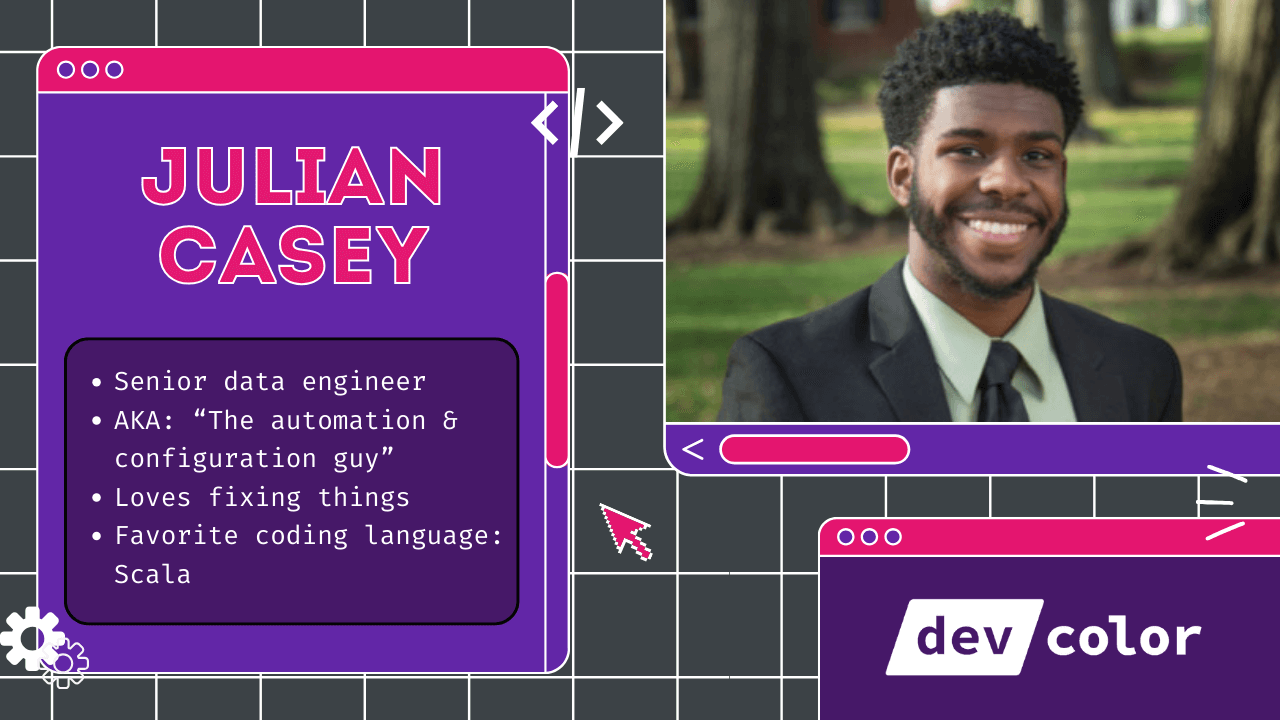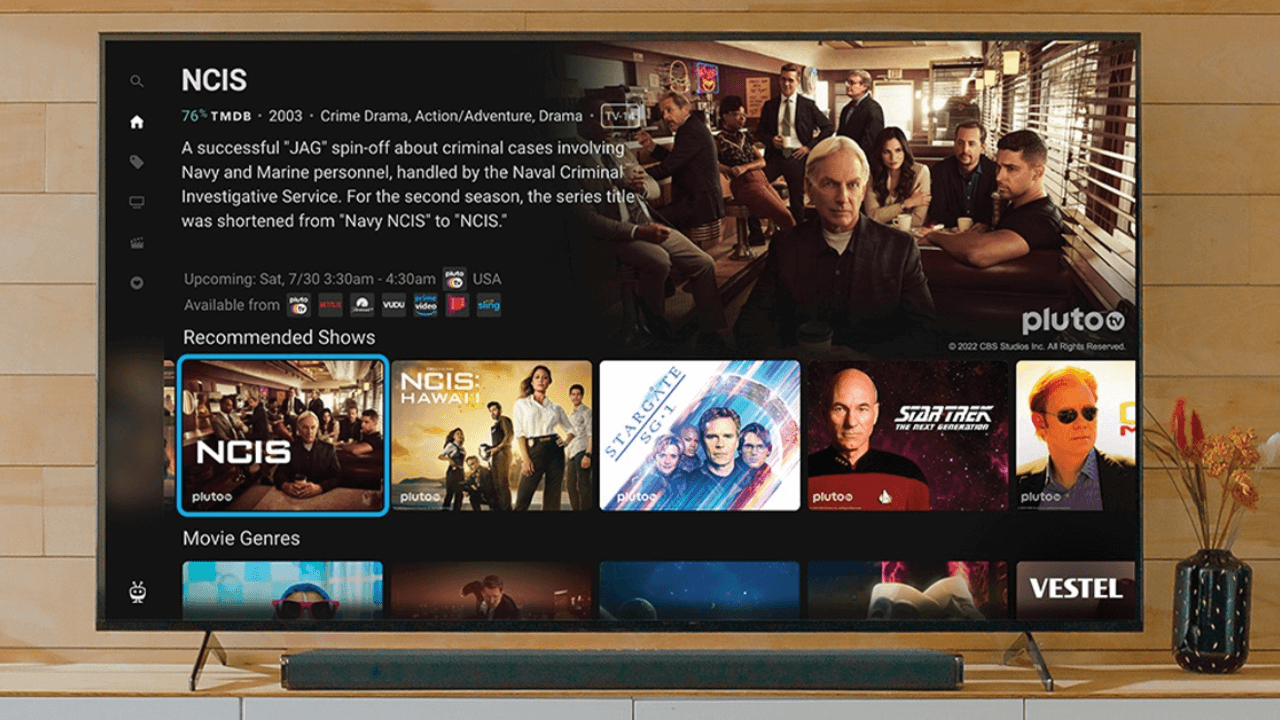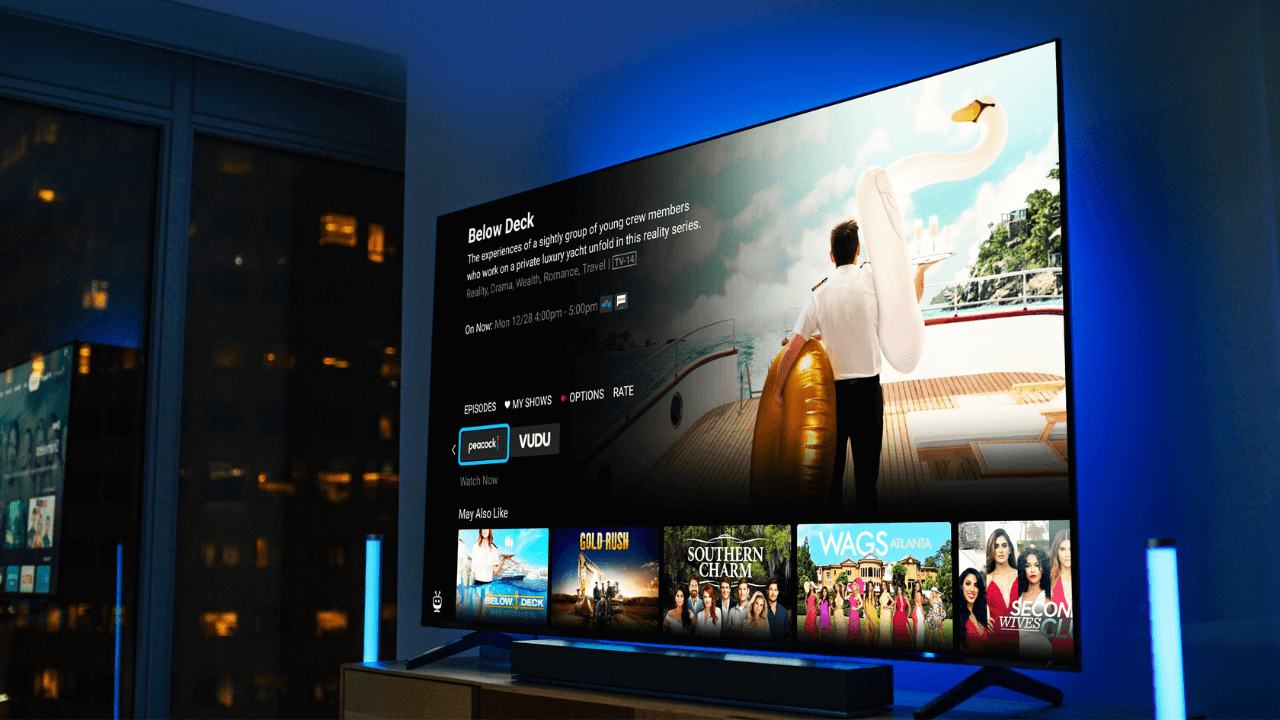Our partners at /dev/color spoke with Julian Casey, senior data engineer, about his work at Xperi and his experience as a technologist. /dev/color is the global career accelerator for Black software engineers, technologists and executives. The following conversation has been lightly edited for clarity.
Hi Julian, great to speak with you today. To kick things off: How did you get into tech?
I stumbled into tech — kind of by accident. I’ve always loved math and problem-solving. I attended Davidson College with the intention of being a math major, thinking I would end up as a professor or something like that. When I got there, I asked around and tried to find different opportunities to apply math and problem-solving. My advisor stepped in and suggested I look into computer science and coding. I started out with a data engineering company called Tresata, and the rest is history.
What made you want to be a technologist?
From my internship, and through those classes, I knew that I would love to be in the engineering space, because I like solving problems with unique technologies and unique solutions. I also like that there are so many different ways to approach things, and that you can learn so much from others like more efficient ways to code, or just ways to do things differently. I especially appreciate how much testing and feedback goes into developing tech as well.
And I notice these things at home too. I recently became a homeowner and I definitely notice more now that I have a tendency to like things to be very efficient and very particular, and I really enjoy that — in this space and job — I have the ability to lean into that.
I remember being in my first classes in computer science at Davidson, and I didn’t think I would want to keep going at first, but my professor pushed me to keep adding on. I thought it would all be a means to an end, but as she pushed me I realized I was really getting the concepts, and that this was a good path for me.
How did you end up joining Xperi?
After Tresata, I joined another company, Red Ventures, and it was a really great experience, but after a few years, I realized that I was ready for another new experience, mostly because I wanted to be at a company where I was not the most senior person on my team.
I wanted to be in a position where I could meet people I could learn from but also have some time to learn new technology. I got connected to Xperi and it was exactly what I was looking for. I think I’m in a space now where my team really allows me to try to figure things out on my own and not necessarily apply things in the way that has already been applied before.
What do you like most about working for Xperi?
I’ve been trying to get into new technology and do a lot of risk analysis on it to figure out if it’s going to be helpful. I love being able to determine use cases and figure out how we should be leveraging technology moving forward, and figuring out if the tools we are using are the ones we should keep using. I really appreciate the ability to have that say, as well as getting to look into new technology and learn a lot of new things in this position alone in the past year and a half or so. As an example, I’ve learned a lot more about AWS and its stack that I don’t think I would have learned at my previous position, because we were doing things a specific way.
I also really appreciate the flexibility that I have currently which is another thing that I was looking for. I think that this position has been everything I was looking for when I was leaving and checks all the boxes.
That’s great! As you think about your job history, is there any advice that you would give to someone who might be looking to break into tech like you did? For example, how would you advise that they approach the interview process or things like that?
I would advise them to explore as many technologies as they can and learn a wide variety of things as well. Also, I’d tell them not to be afraid to be wrong.
As far as interviewing, I really appreciated especially moments in the job application process when I felt like I was working in the job interview instead of doing an interview. At Xperi, I felt like I was given the time to sit down and just be with my thoughts.
I talk a lot to myself when I code and I like to stand up and pace a lot. During my interview, they let me do that, which was great because that’s how I get my mind flowing. It was really good to be able to think about things and be able to calmly assess my situation and not be afraid to be wrong, because I sometimes get languages mixed up.
I really appreciate being given that grace because obviously they understand the thought process and I would get through the syntactical errors and complete things. Not being afraid to be wrong is so important. And not being afraid to just dive into something that you don’t know. There are a lot of unique opportunities and a lot of unique technology out there that give you a good view into what the task at hand is.
That’s a big part of how I approached looking for a new job — I relearned some things and tried to get a grasp on new tools. I forgot a lot of Python after school so I started practicing that some more. I went back and brushed up on my SQL query and made fun examples for myself to work through. I’d encourage others to dive into technology and free things online to learn what they need to know.
Pivoting a little bit — how do you find community at work?
I enjoy my community at work. I think we’re all similar in a lot of ways. We’re all kind of introverted people, but I enjoy my team’s company and I appreciate the helpfulness of especially the two coworkers I referenced earlier. I think they’re really talented and smart people, and I like that I can learn from them just from interacting with them.
We know you’re a new /dev/color member (we’re so happy to have you as part of the community!) — can you speak to the value of having communities like the one at /dev/color?
I think the benefit of groups like dev/color is that they can give people of color resources that we do not always have readily available. In previous positions, I have had problems finding other people who look like me and can relate to me. I found myself shutting myself off from social events and activities because I just did not feel comfortable around my colleagues. I never felt like I could fully let my guard down and be myself.
I think groups like /dev/color give all people the space to be themselves and speak their truth without fear of judgment. I think these groups give people of color the opportunity to speak out and shine as individuals. It also gives us a community to rely on. It always feels better to get advice from someone who understands and empathizes with your situation.
Some fun questions: What’s one product feature that you can’t help but stop and say, “That is a well-designed feature”?
I stop and say that a lot about the code base that we have now at Xperi. In my previous experiences, I saw a lot of code that was not well maintained, so we’d all spend a lot of time putting out bugs, which became most of my job — just fixing bugs. It got kind of boring after a while, and so now I really notice and appreciate how smoothly our system runs.
It’s honestly an underappreciated, excellent feature, to have things working when you want so you can continue to build outwards. I have so much time to build because of that, as well as take some time to expand my skills through AWS training and things like that.
Finally, what do you like to do outside of tech?
I’m very much into anime. I’ve drawn some characters, like Jawbone characters. I have some new concepts I’ve been working on for a while. I also play a lot of video games. I love playing video games with my friends. I also built my own computer around the time I started working with Xperi.
Amazing! Thank you so much for speaking with us, Julian!
/dev/color is home for Black software engineers, technologists, and leaders, providing a place to start and stay in the tech industry. We center Blackness, the Black experience, and Black excellence as a necessary workforce equity strategy. As we provide the framework and mechanisms for our members to hold one another accountable to ambitious goals, we’re committed to being an accountability partner in the greater industry. We encourage employers to walk the walk with us in deconstructing inequitable racialized systems and behaviors, in order to #ChangeTechForGood.
Editor’s note: /dev/color is explicitly for Black technologists. We firmly believe supporting Black tech allows for the advancement of all marginalized people groups.



